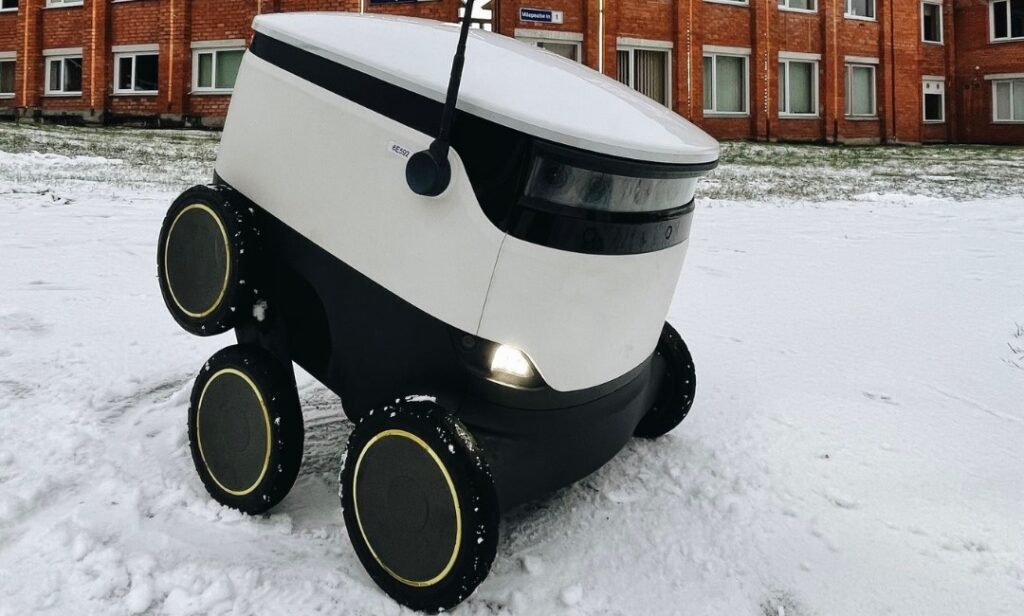At the end of the third quarter of 2022, 9,857 people were employed in Estonia's startup sector. Figures obtained from a database maintained by Startup Estonia show that the startup has increased the number of employees by 28% in one year, creating more than 2,000 new jobs.
At the end of September, the largest employer in Estonia's startup sector was Wise, with 1,611 employees, 393 more than in the same period last year. The second largest employer is Bolt, with 1,251 employees and an increase of 230 employees. The top five employers in the startup sector also include Swappie with 530 employees and 117 new hires, Veriff with 427 employees and 98 new hires, and Monese with 225 employees and 83 new hires. It contains.
Eve Peterson, head of Startup Estonia, said that while the number of employees in startups is increasing by 20-30% per year, changes in the economy will definitely affect the startup sector as well.
“At this stage, we do not know the extent or duration of changes that may occur in the future, but startups by their nature are flexible and ready to respond to changing circumstances. This has been proven by the coronavirus crisis and will continue from there. The recovery was quick. However, it is clear that local start-ups cannot grow without foreign workers, as Estonia lacks experts in certain fields,” Peterson said.
That's why Startup Estonia has launched a growth company visa program modeled on the Estonian startup visa, which allows successful Estonian technology companies to continue to grow, even if they have outgrown the startup definition. , she said. It operates according to a business model with rapid growth and global ambitions.
According to a database maintained by Startup Estonia, there are 1,452 start-ups operating in Estonia, of which 418 or 29% are more than five years old.

Labor tax increased by half from last year
According to statistics from the Estonian Tax and Customs Board, startups paid 134 million euros in labor taxes in the first three quarters of this year, an increase of almost half, or 48 percent, on the same period last year. The largest labor tax payers were Bolt with 22.6 million euros, Wise with 17.7 million euros, Verif with 6 million euros, Starship Technologies with 3.8 million euros, and Monese with 2.9 million euros.
Financial technology is the most employed sector for startups, with a total of 2,808 people, representing 28% of all employees in the startup sector. Financial technology companies paid a total of 37.3 million euros in labor taxes to the state, a 28% increase over the first three quarters of last year. In addition to Wise, the largest labor tax payers in the fintech sector were Monese's 2.9 million euros and Paxful's 2.3 million euros.
A total of 2,075 people, or about one-fifth of the total number of employees in the startup sector, work at companies in the transportation and logistics sector. Estonia has 86 start-ups operating in this sector, which paid EUR 35 million in labor taxes by the end of the third quarter. The largest employers were Bolt, Starship Technologies, and Milrem.

The third largest sector in terms of number of employees is business software and HR services, with 256 startups employing a total of 1,061 people. Start-ups in this sector paid €15.9 million in labor taxes to the state between January and September. The largest employer was Eurora Solutions, which had 122 employees and paid €1.8 million in labor tax. He also paid €1.6 million in labor taxes at Scoro, which employs 104 people.
Startup Estonia brings together and supports Estonian startup entrepreneurs. In addition to information on start-ups, it also collects data in cooperation with start-ups, based on data from the Tax and Customs Board and the Estonian Statistical Office.
The Startup Estonia program is funded by the European Regional Development Fund.

